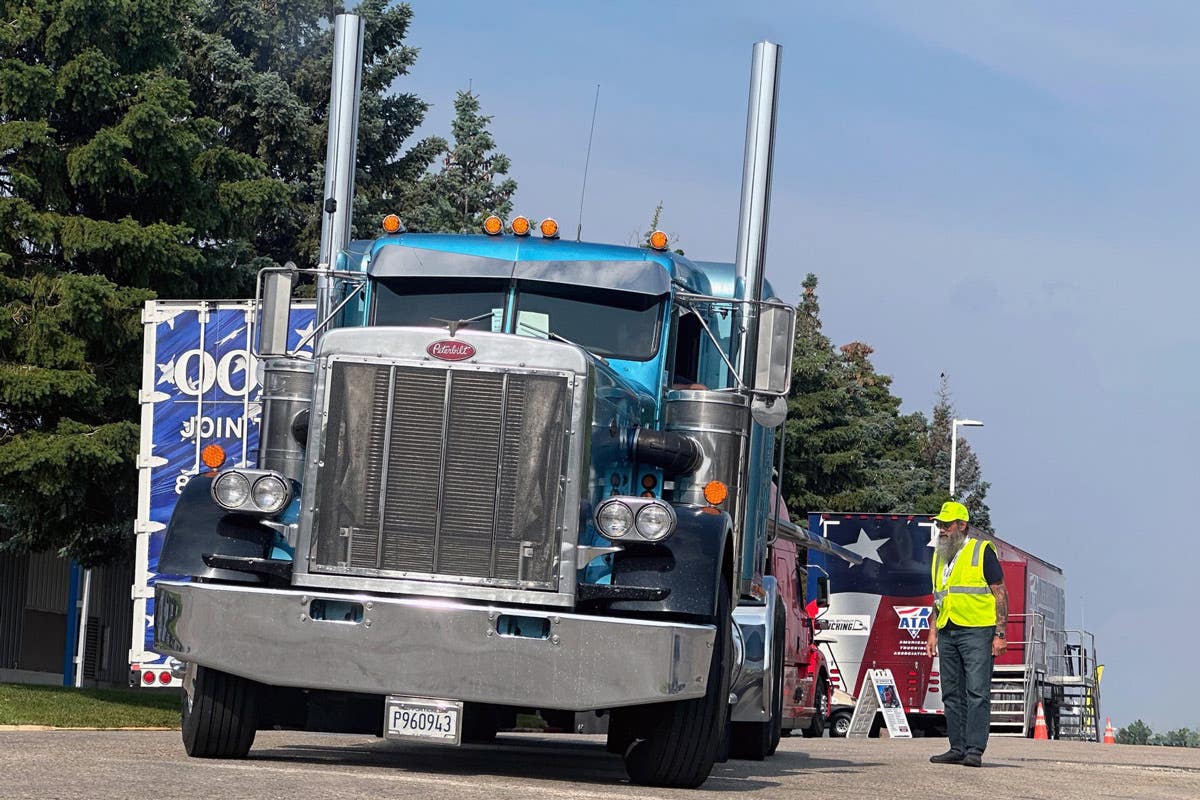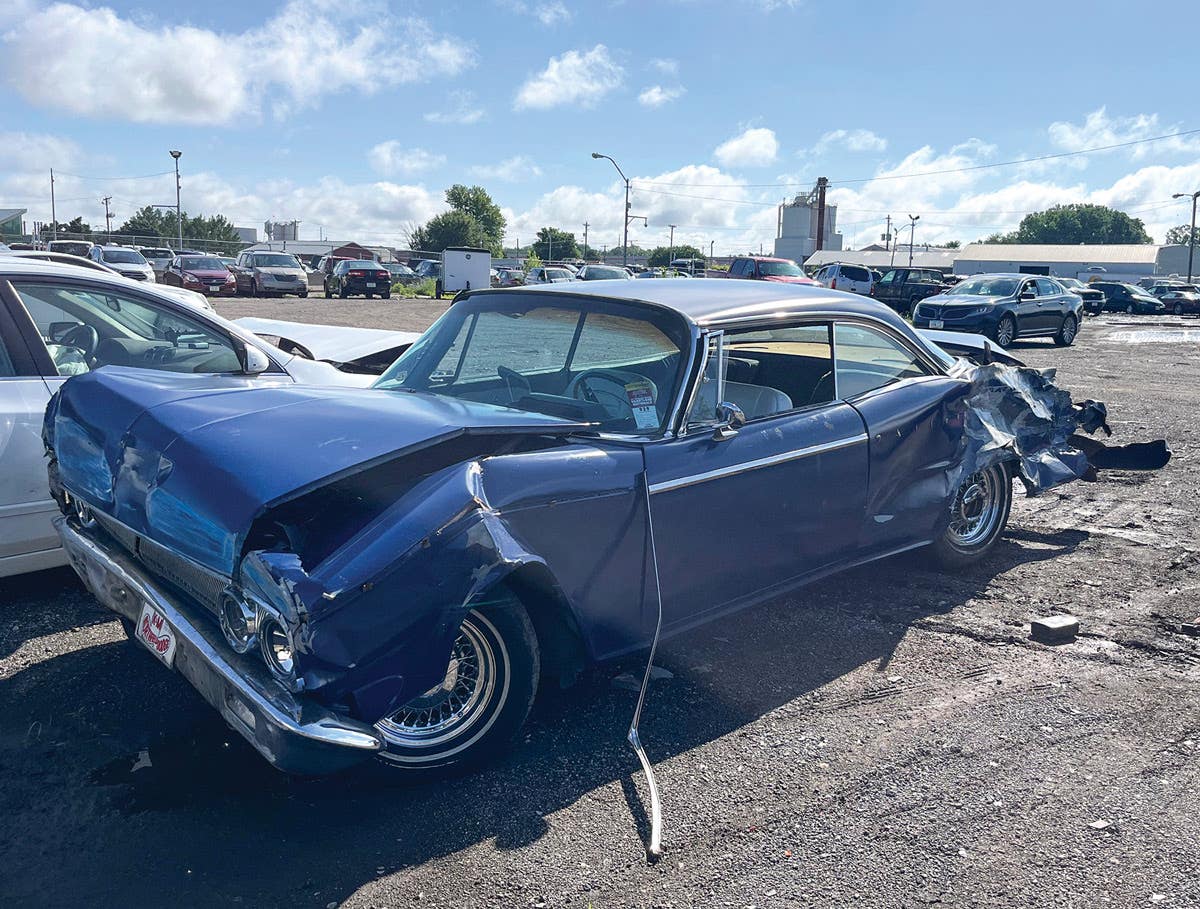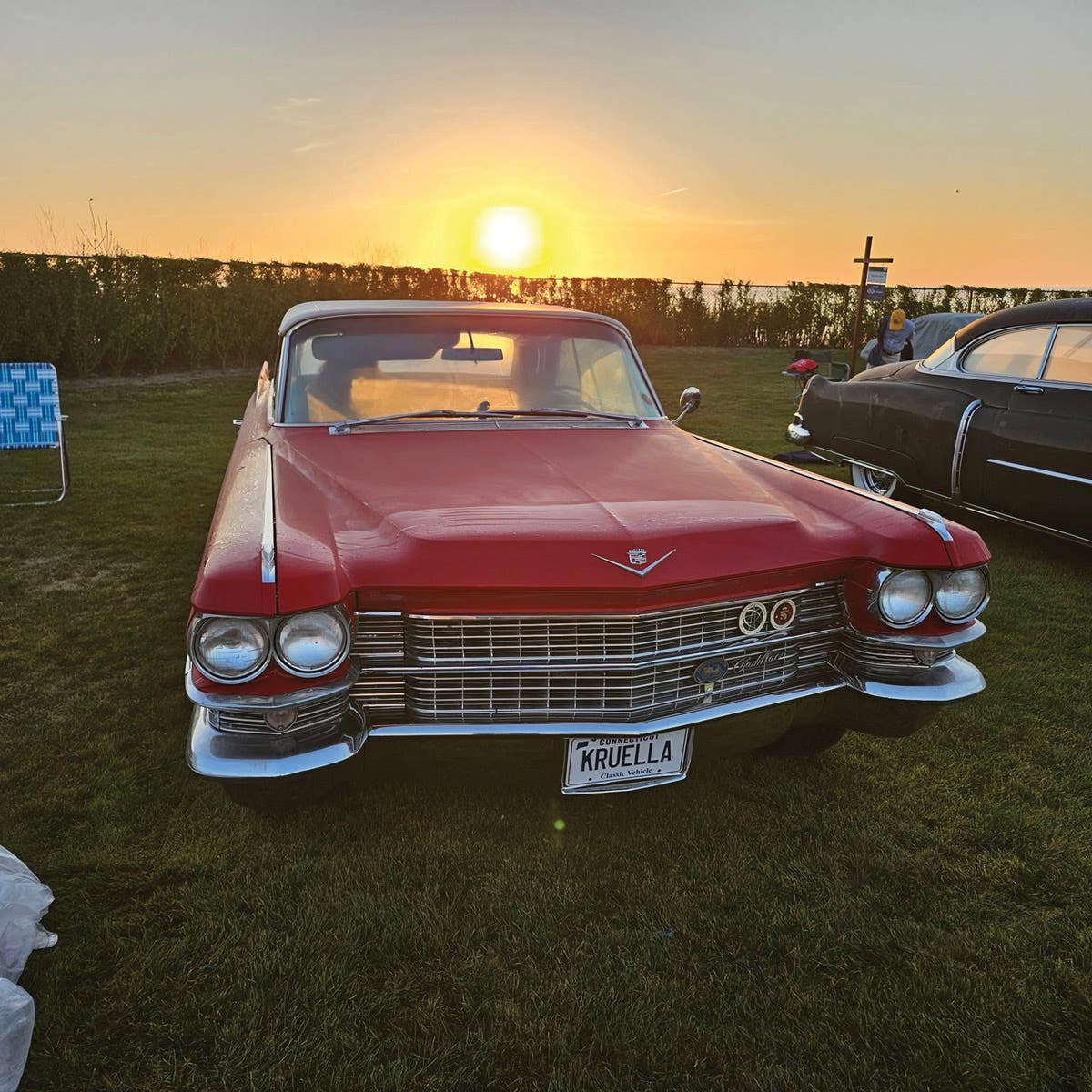Getting your car appraised? Here’s some expert advice
There are a lot of reasons to get your collector car appraised these days. Jeff Lock is an expert with an insider’s knowledge of how appraisals should work. His advice: be involved.
Each year, I conduct the Antique Automobile Appraisal seminar at the Antique Automobile Club of America’s (AACA) Annual Meeting in February in Philadelphia. At the presentation, I project onto the screen a picture of a beautifully restored 1973 GMC dump truck. The attendees laugh. By the time the seminar is ready to start someone eventually asks, “How long did it take to restore the dump truck”? My answer is that it only took 45 minutes, because our webmaster digitally restored the picture!
So the very first thing to expect is that pictures alone won’t produce a quality, reliable appraisal. You should expect/require the appraiser to personally inspect your vehicle. You should also expect that the person doing the inspection is the appraiser who will determine the vehicle’s appraised value.
The appraiser should want you to be part of the appraisal process and you should be prepared to help him by supplying information. An example would be whether the engine was just very well cleaned up or rebuilt. If rebuilt, what was done? Is it stock or upgraded? You should have a typed and ready list of every significant thing that has been done to the vehicle, brand names, by whom, and the costs. The appraiser needs this information, and for you to be involved.
The appraiser will need to verify the Vehicle Identification Number (VIN) from the car itself so be sure that you can easily direct him/her to the place and that it is clean. Having him record it from the vehicle and then confirming it on the registration is the best way of doing it. He will record mileage. If you have a low-mileage vehicle, be prepared to show the appraiser any documentation that you might have (inspection receipts showing mileage, previous title copies, oil change stickers, etc). It is not realistic to expect the appraiser to just accept your statement as to the mileage authenticity.
Do not expect the appraiser to certify that your vehicle is a matching-numbers vehicle, because he would need hours, a lift and a reference library to this. It’s just not practical. Forgeries are very common today, and most of the numbers that constitute a matching-numbers vehicle can be altered, parts changed, restamped, etc. If having matching numbers is important to you, get verification from the manufacturer or from a service, such as the “Marti Report,” etc. Certain vehicle marque clubs sometimes can/will do this. The appraiser will reference these documents in the appraisal text.
The vehicle needs to be clean and easily accessible in a well-lighted area, preferably outside on a sunny day. If it’s in a garage, be sure there is plenty of light and also have a good flashlight available.
You should expect the appraiser to be cleaner than your car. A professional appraiser will not touch your vehicle. He will ask you to open doors, hood, trunk etc. You may certainly give him permission to open the vehicle.
If you want or expect the appraiser to take pictures, be sure to tell him ahead of time. The more pictures you ask for, the more the cost might be. Your scrapbook of the entire restoration process will be interesting, but not a part of the appraisal itself, except to confirm certain aspects to the appraiser such as a body-off-frame restoration, rebuilt engine, etc. An appraisal with one picture of the vehicle on the front is very attractive and desirable, and should not increase the cost of the appraisal.
If you are making a donation of the vehicle to a museum or recognized 501c3 charity, you need to tell the appraiser so that he knows to prepare the proper IRS forms when he completes the appraisal and mails it to you.
If you want to ask the appraiser, “how can I improve my vehicle?” go right ahead, but then be sure that he understands what you want to do with the vehicle. If you want a nice driver that turns heads and does well at local car shows, then you might already have it, if the appraiser grades your vehicle as a No. 3 or higher on the Old Cars Price Guide grading scale. But if you expect to compete on a much higher plane and maybe go after concours awards or an AACA Grand National Senior, you may have to take that No. 3 all apart and start over. Again, be sure the appraiser understands what you want to do with your vehicle before you ask his advice or he might break your heart.
If you are hiring an appraiser to evaluate a vehicle that you are interested in buying, you will probably want the appraiser to test-drive the vehicle, ride in it as a passenger or at least check out its operability if it is not street ready. Be sure to tell him what your areas of concern are. Be very leery of any deal where the owner has not made the vehicle ready for this test-drive including tags and insurance (although the appraiser should have insurance coverage to drive someone else’s vehicle; ask him). Vehicles that have been sitting for awhile and are not to be started will be worth considerably less than a vehicle that can have its operability evaluated.
Expect the appraiser to call you within an hour of his inspection to give you his first impressions, although he may not be able to give you a verbal value until he does more research. Expect more pictures and also expect to pay more for a pre-purchase appraisal. A written copy should always follow.
If you are selling a vehicle then hire an appraiser to do all of the above. Realize that if you don’t make the vehicle available for a test-drive, then this is a red flag to a potential buyer.
My final advice: be involved.
{Jeff Locke is the executive director of the International Vehicle Appraisers Network (I-VAN).}







